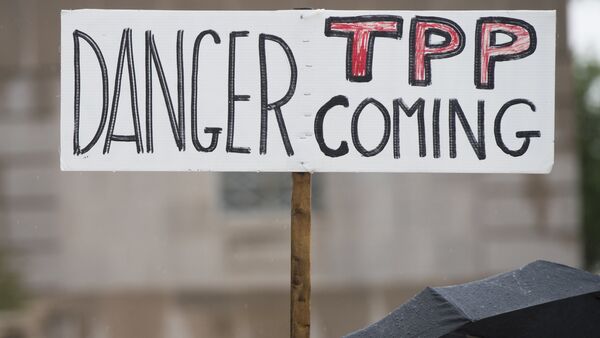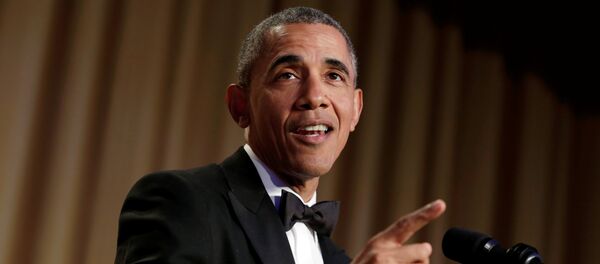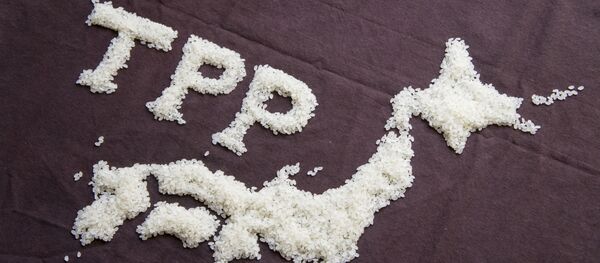“We have conducted assessments of what particular influence the trade deal may have on our foreign trade. In absolute numbers, the impact will be minimal, because the countries that are parties to the TPP deal are not our main trade partners. So, we will not lose anything in both export and import,” Zasypkin said.
Zasypkin noted, however, that at this moment, the effect of the TPP deal is difficult to evaluate, as it is an agreement of a new kind.
“It is more profound than a usual agreement on free trade zone, because a large part of it is dedicated to regulations, standards, and norms which used to be avoided in the interstate dialogue, and not even touched upon,” the diplomat explained. “Mostly, they used to discuss trade barriers, reducing and zeroing rates. Convergence of regulatory systems, harmonization of standards is new. Even Americans themselves as well as the president [Barack Obama] do not hide the fact that a new economic architecture is being created, where Americans and their partners will dictate the rules,” Zasypkin concluded.
The parties to the TPP agreement are the United States, Australia, Brunei, Canada, Chile, Japan, Malaysia, Mexico, New Zealand, Peru, Singapore, and Vietnam.
The details of the controversial free trade agreement, negotiated in unusual secrecy, were revealed to the public after almost seven years of discussions. Opponents say the pact would undermine standards and regulations on environmental protection, health and safety, as well as workers’ rights.




